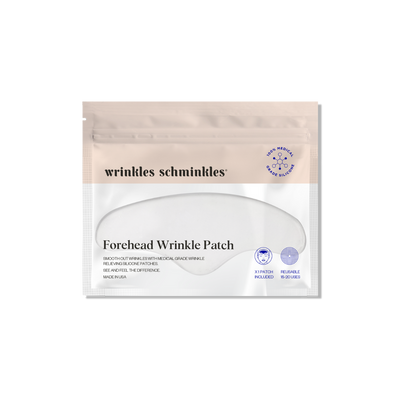SkinCeuticals® Blemish and Age Defense Serum 30mL

SkinCeuticals® Blemish and Age Defense Serum 30mL
- Carbon neutral
- Backed by skincare experts
- Free local delivery - Ballina, Lismore & surrounds
Blemish + Age Defence is a targeted, oil-free approach for ageing skin prone to breakouts. This acid blend combines 2% dioic acid with an optimal alpha- and beta-hydroxy acid formulation to reduce the formation of acne and clogged pores, while improving the appearance of fine lines, wrinkles, and uneven skin tone.
- Reduces excess sebum production
- Improves the appearance of blotchiness, blemishes, and uneven skin tone
- Decongests clogged pores
- Diminishes visible signs of ageing
- Ideal for acne-prone, oily, combination, and ageing skin types
How To Use
Visible Results
In a dermatologist-controlled 8-week study of 50 multi- ethnic subjects ages 25-50, Blemish + Age Defence reduced sebum by 39% and improved fine lines by 28% at week 4. Individual results may vary.
Ingredients
- 2% Dioic acid: Naturally derived from vegetables, this ingredient helps reduce excess sebum
- 0.3% LHA (caproloyl salicylic acid): A lipo-hydroxy acid, LHA, evenly exfoliates skin, decongests pores, and refines the skin’s surface
- 1.5% Salicylic acid: A beta-hydroxy acid refines pores and helps reduce the formation of acne
- 3.5% Glycolic acid and 0.5% citric acid: These alpha-hydroxy acids work synergistically to smooth skin and minimise the appearance of fine lines and wrinkles
855061 5 - ALCOHOL DENAT., AQUA/ WATER, METHYLPROPANEDIOL, GLYCOLIC ACID, DIISOPROPYL ADIPATE, OCTADECENEDIOIC ACID, SALICYLIC ACID, HYDROXYETHYLPIPERAZINE ETHANE SULFONIC ACID, CITRIC ACID, CAPRYLOYL SALICYLIC ACID, SODIUM HYDROXIDE, POLYQUATERNIUM-10, D43561/3.
Please be aware that ingredient lists for the products of our brand are updated regularly. Please refer to the ingredient list on your product package for the most up to date list of ingredients to ensure it is suitable to your personal use.
Science & Proof
This powerful, targeted anti-ageing serum addresses adult acne and signs of ageing with the unique technology of dioic acid, salicylic acid, LHA, glycolic acid, and citric acid to fight the formation of acne and reduce excess sebum production as it helps improve the appearance of fine lines, wrinkles, and rough surface texture that can lead to an aged appearance. Blemish + AGE Defence was shown to be as effective as the leading prescription drug combination, 1% clindamycin and 5% benzoyl peroxide, for the treatment of acne.
Clinical results were seen as early as day 2, with Blemish + AGE Defence significantly reducing inflammatory and non-inflammatory lesions.
Additionally, Blemish + AGE Defence also reduced blotchiness and clogged pores for the entire duration of the 8 week study. (Baumann, L. Comparison of clindamycin 1% and benzoyl peroxide 5% gel to a novel composition containing salicylic acid, capryloyl salicylic acid, HEPES, glycolic acid, citric acid, and dioic acid in the treatment of acne vulgaris - JDD - 2O13).
Blemish + AGE Defence was proven as effective and tolerable as 0.025% tretinoin in both anti-ageing and anti-acne attributes - B+AGE produced statistically superior improvements in skin tone, evenness and clarity, and a reduction in blemishes and blotchiness.
As early as day 2, B+AGE provided improvements in skin tone evenness and clarity, skin smoothness, skin brightness, clogged pores, blemishes, and blotchiness. Parity was achieved between the two treatments in reduction of fine lines, clogged pores, tactile roughness, and dullness.
At no point during the 8-week study did 0.025% tretinoin statistically outperform B+AGE. (Kircik, L. Safety and efficacy of two anti-acne/anti-ageing treatments in subjects with photodamaged skin and mild to moderate acne vulgaris - JDD - 2012).
After 4 weeks, Blemish + AGE Defence was proven to statistically reduce the grade of PIH by 19%.
After 8 weeks, it was proven to reduce the grade of PIH by 36% and the number of PIH marks by 29%.
(Protocol: 8-week dermatologist controlled study consisted of 59 subjects. The subject group consisted of males and females of multi-ethnicities, between the ages of 18-40 with skin types II-V that included mild acne and combination to oily skins, with at least 50% experiencing post-inflammatory hyperpigmentation).













